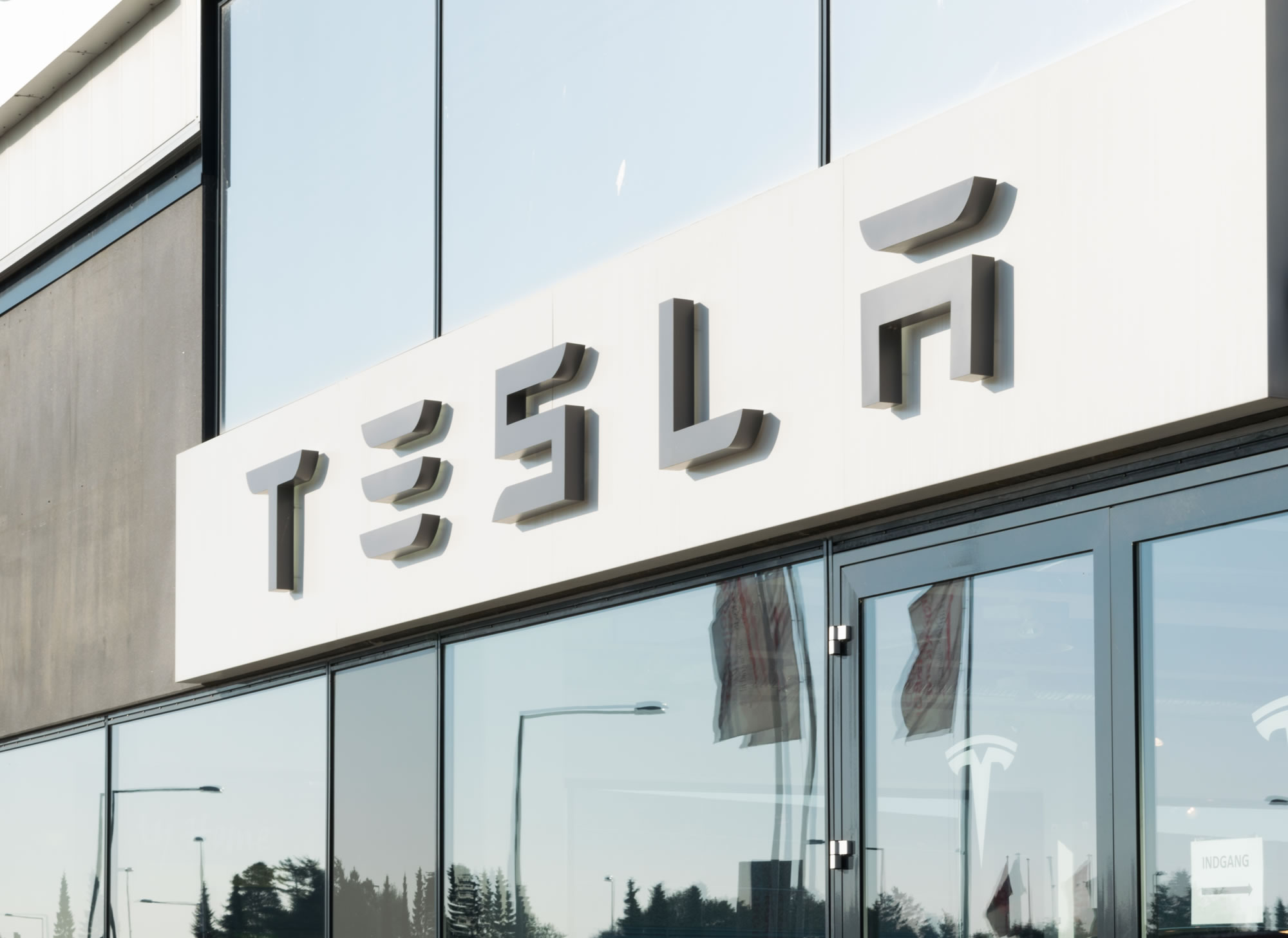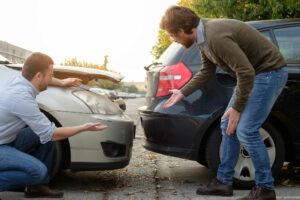There are as many as 11,000 motor vehicle accidents every day in North America. But one accident this past May wasn’t your typical car crash. It was the first time someone died while using driverless technology.
A 40-year-old Florida man was killed when the Autopilot feature in his Tesla failed to recognize an oncoming truck. The car went under the truck, killing the man inside – a tragic first for this new technology.
While the idea of driverless cars has been the stuff of futuristic science fiction flicks, it’s now a real-world thing. Companies from Google to Audi have been investing in them as the driving mode of the future. Tesla was one of the first to offer a self-driving feature. Proponents of this innovation claim that they’ll be safer, preventing carnage on our highways.
Their pursuit is noble and they do have a point. Millions have died since the first car was introduced over 100 years ago. But the Tesla crash has put the technology under the microscope for both real and perceived safety problems.
Are you concerned about the safety of driverless cars and how the highways of the future will look? If you are, you’re not alone. Following the fatal crash, polling firm Rasmussen Reports conducted a survey in the United States and found that 52% of American adults think driverless cars will make roads less safe. Only a quarter of respondents think they’ll make for safer roads. The rest were either not sure or said they expected no difference.
For more information
- Fatal Tesla crash leads to auto industry soul searching, USA Today
- The Hazard of Tesla’s Approach to Driverless Cars, The Atlantic
- What Tesla’s Fatal Crash Means for the Path to Driverless Cars, Fortune
- If a Driverless Car Goes Bad We May Never Know Why, MIT Technology Review







